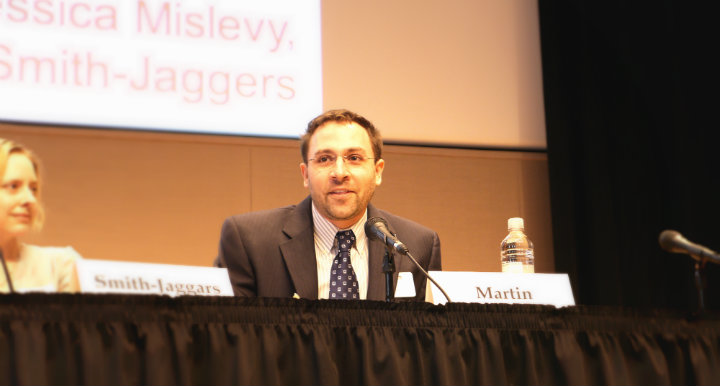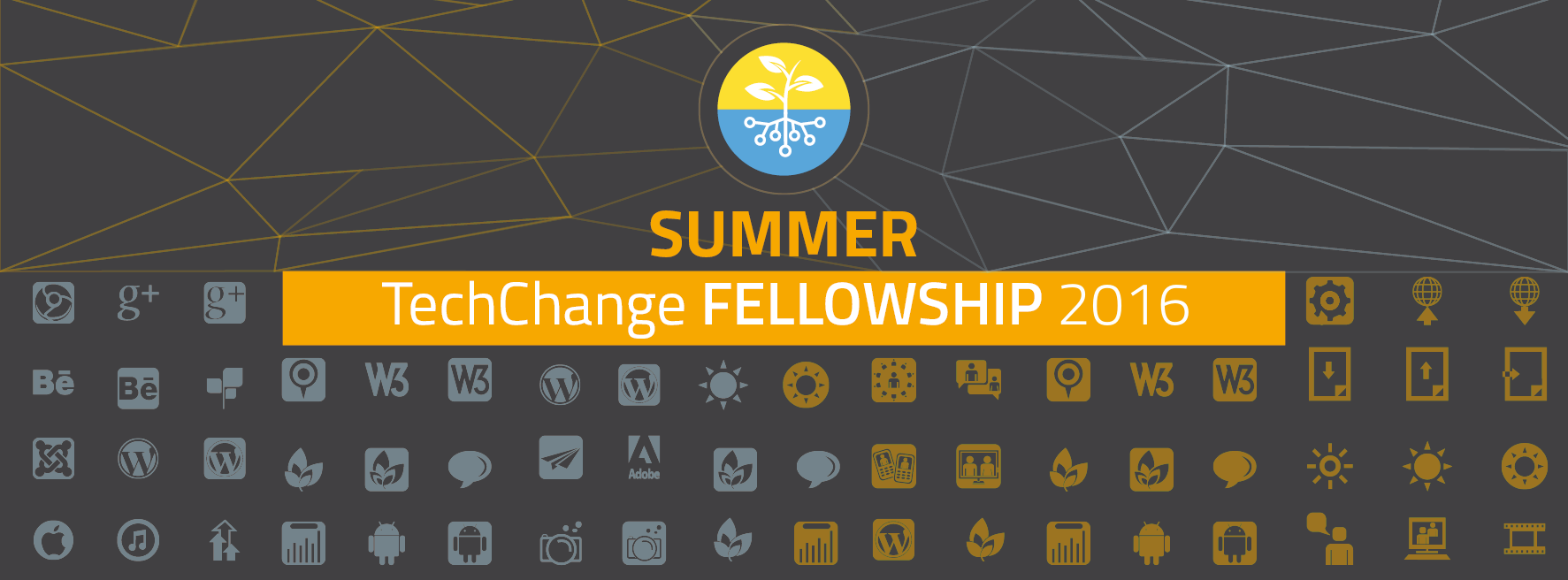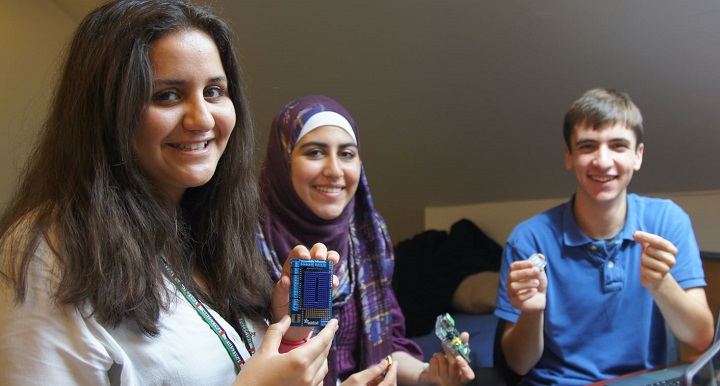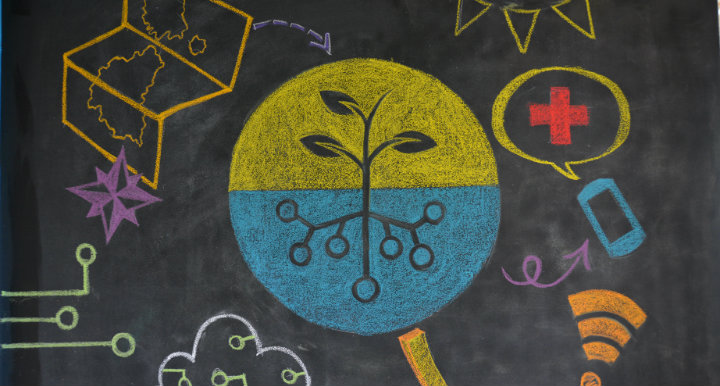Last week, TechChange President Nick Martin participated in a panel on “MOOCs and Online Learning” at the AAAS event on “Broadening Access and Participation in STEM Education Through Technology: Promises & Challenges”. The event was hosted by the MaDTECHEd Affinity Group and co-sponsored by the Bill & Melinda Gates Foundation.
Here are some of the highlights from the panel:
- Current MOOCs tend to be one-directional and lack meaningful interaction. MOOCs need to focus more on the teacher’s role as a facilitator rather than just a lecturer. However, taking a more social approach to online learning can be difficult to scale.
- Students that benefit most from online learning are self-motivated, autonomous, patient, and focused. All panelists agreed that that online learning courses self-select for self-motivated learners. Did you know that the average age TechChange student is approximately 34 years-old? Often, TechChange students are working professionals that seek training to fit in their busy schedules.
- Online learning should be social. Online learning has the ability to connect people across vast geographies and more online courses should encourage relationship building and networking. For example, in a recent TechChange course on mHealth, a doctor in Argentina and a health care worker in Uganda shared best practices in mobile health for their respective countries.
- Hybrid models that combine both online and offline learning can be extremely effective. Using online learning to complement face-to-face instruction can be the most powerful form of delivery. Salman Khan calls this approach the “flipped classroom” and we’re big believers of this model at TechChange.
- Students who pay for online courses are more likely to be engaged. Free and open courses may broaden participation, but don’t always inspire meaningful interaction. Students are more likely to be engaged and give feedback when they have paid for course. Online course providers should think about creating the right incentive structures to increase engagement.
Missed the event last week? Here’s the link to the webcast of the entire conference. To see Nick along with other panelists speaking on the topic of “MOOCs and Online Learning”, you can fast forward to 1:00:35 – 2:32:00.



